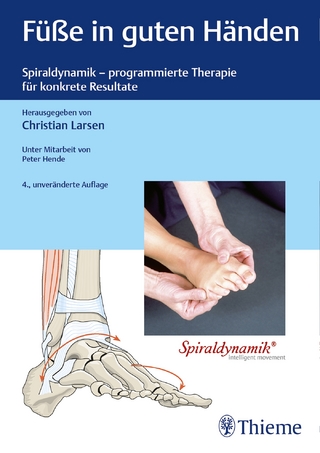
Continuum Modeling in Mechanobiology
Springer International Publishing (Verlag)
978-3-030-44083-1 (ISBN)
- Titel wird leider nicht erscheinen
- Artikel merken
Larry Taber is a Senior Professor of Biomedical Engineering at Washington University in St. Louis. From 2007 until his retirement in 2017, he was the Dennis and Barbara Kessler Professor of Biomedical Engineering. Although his formal training is in aerospace engineering (B.A.E., Georgia Tech; Ph.D., Stanford University), he has published on a wide range of topics including cochlear mechanics, nonlinear shell theory, cardiovascular mechanics, and the mechanics of growth and development. Dr. Taber is a fellow of the American Society of Mechanical Engineers (ASME) and the American Institute for Medical and Biological Engineering. Three times he won the Richard Skalak Award for the best paper published in the Journal of Biomechanical Engineering, and in 2020 was awarded the H.R. LIssner Medal from ASME. From 2011-2016, he served as co-editor-in-chief of the journal Biomechanics and Modeling in Mechanobiology.
Introduction.- Vectors and tensors.- Coordinate transformation.- Tensor invariants.- Special tensors.- Vector and tensor calculus.- Nonlinear Elasticity.- Kinematics.- Stress.- Balance principles.- Constitutive equations.- Boundary value problems.- Active Force Generation.- Muscle contraction.- Concept of changing zero-stress state.- Cardiac mechanics: time-varying elastance.- Stress fibers.- Cell division.- Growth.- Growth theory.- Growth of arteries.- Growth of the heart.- Growth of tumors.- Growth of plants.- Remodeling.- Remodeling theory.- Remodeling of arteries.- Aneurysms.- Cytoskeletal remodeling.- Bone remodeling (Wolff’s law).- Morphogenesis.- Fundamental developmental processes.- Modeling morphogenesis.- Pattern formation.- Gastrulation.- Head fold formation.- Neurulation.- Brain development.- Primary vesicle formation.- Cortical folding.- Eye development.- Heart development.- Cardiac looping.- Gut development.- Wound healing.- Plant morphogenesis.- Mechanical feedback in development.
| Erscheint lt. Verlag | 21.7.2020 |
|---|---|
| Zusatzinfo | 300 p. 100 illus. |
| Verlagsort | Cham |
| Sprache | englisch |
| Maße | 155 x 235 mm |
| Themenwelt | Medizin / Pharmazie ► Physiotherapie / Ergotherapie ► Orthopädie |
| Naturwissenschaften ► Biologie ► Zellbiologie | |
| Technik ► Maschinenbau | |
| Schlagworte | Active Force Generation • bone remodeling • boundary value problems • cardiac mechanics • Cortical Folding • Cytoskeletal Remodeling • Plant Morphogenesis • Remodeling of Arteries • Theoretical Mechanobiology • Vectors and Tensors |
| ISBN-10 | 3-030-44083-4 / 3030440834 |
| ISBN-13 | 978-3-030-44083-1 / 9783030440831 |
| Zustand | Neuware |
| Haben Sie eine Frage zum Produkt? |
aus dem Bereich


